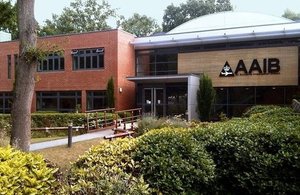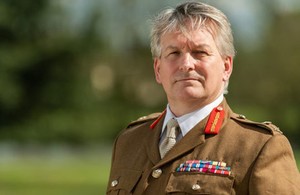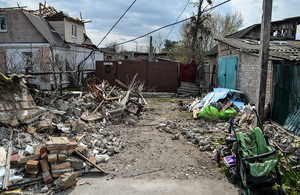Effective competition helps make sure shoppers and households get a fair deal when buying goods and services. This is especially important at a time when the UK is recovering from the COVID-19 pandemic and facing a rising cost of living.
Recognising the importance of competition, the Chancellor and the Business Secretary asked the Competition and Markets Authority (CMA) to assess the state of competition in the UK economy.
This is the second report of its kind that the CMA has produced.
Building on its first report, the CMA has improved the techniques it uses to measure indicators of competition like market concentration, firms’ profitability and markups, and market entry and exit levels.
Key findings include:
- The level to which markets are dominated by a limited number of companies – their concentration – remains higher than it was before the financial crisis of 2008.
- Concentration is higher when ‘common ownership’, where competing firms are owned by the same companies, is factored in but lower when accounting for international trade.
- Lower income households are more likely to consume goods and services produced in more concentrated markets. This is because a higher proportion of their income is spent on essential services, like gas and water, which tend to be produced by a limited number of companies.
- Average markups – the amount added to the cost price of goods to cover overheads and profit – have increased since 2008, from just over 20% to about 35%, with the increase in markup being higher for the 10% most profitable firms.
- Evidence suggests that the largest and most profitable firms are able to sustain their strong position for longer than they used to, with the likelihood of the largest firms in an industry remaining the largest firms increasing over the last 20 years.
- Digital markets have huge potential to improve our lives and living standards and to play an important role in the post-pandemic recovery. But to deliver those benefits, they need to stay competitive. Weak competition in digital markets, like search engines, mobile ecosystems and social media, risks reducing innovation and choice, and leading to people giving up more personal data than they would like.
In its report, the CMA also analyses surveys which asked people about their direct experience of problems with goods and services they purchased. The BEIS Consumer Protection Study 2022 estimates that issues with purchased goods and services cost UK consumers £54.2 billion in the year to April 2021, with two-fifths of issues arising from just four sectors: renting services, vehicle maintenance and repair, second-hand vehicles, and internet provision. Consumers reported that around £7.7 billion of this cost (14% of the total) was caused by the Covid-19 pandemic.
The pandemic was also felt to have played a large part in the majority of issues people experienced with services provided by airlines and package holidays and tours sectors.
Mike Walker, Chief Economic Adviser at the CMA, said:
Our State of Competition report shows a worrying combination of trends. We are seeing markets getting more concentrated, companies enjoying higher mark-ups and the biggest firms maintaining their leading positions for longer. The fact that all these indicators are pointing in the same direction provides a warning sign about the state of competition in the UK.
What’s more, we’ve found that the poorest households are likely to suffer the effects of these changes the most – at the very time when they are already being hit by sharp rises in the cost of essential items.
We will use our findings to direct our work to keep markets competitive and protect consumers at this crucial time.
The CMA’s report is informed by its knowledge of markets and work enforcing consumer and competition law. It has also included insights of outside experts, academic advisors and other parts of government.
For more information, and to read the report, visit the State of UK Competition report page.
For media enquiries, contact the CMA press office on 020 3738 6460 or press@cma.gov.uk.
- The CMA is extremely grateful for the assistance of Steve Davies, professor of economics at the University of East Anglia and Dr Anthony Savagar, associate professor in economics at the University of Kent in advising on the report structure, reviewing the methodology used and providing critical review of the final report.



